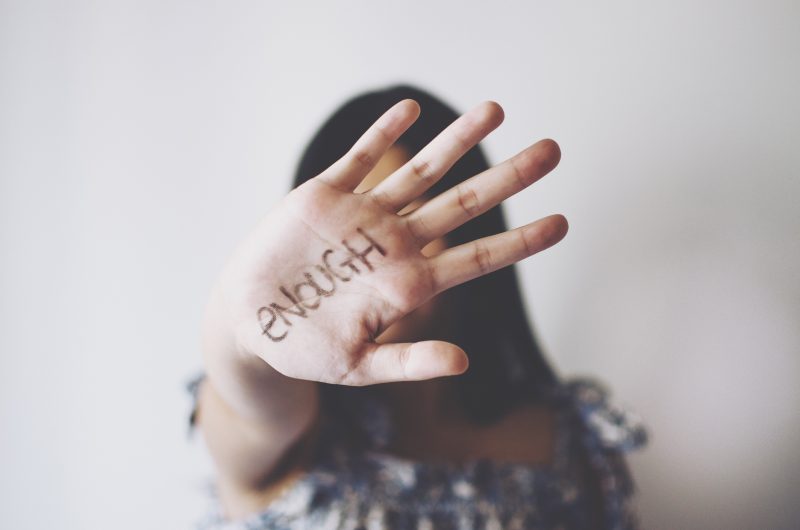Representatives from two coalitions in New Brunswick said in a statement Wednesday that they’re modifying all their programs and services for victims of domestic violence during COVID-19.

According to the Réseau des services pour victimes de violence du Nouveau-Brunswick (RSVVNB) and the NB South Central Transition House, and Second Stage Coalition (NBSCTHSSC), in the province, there are 15 transition houses and eight second-stage facilities who serve women, and their children, struggling with abuse and violence in their lives by providing counselling or safety planning.
“We need to ensure we can follow provincial guidelines while responding to women in crisis. We don’t want to limit our services but we need to provide environments that are safe for both residents and staff,” said Patty Michaud, NBSCTHSSC president, in a statement.
“Our biggest concerns are for the staff who have health issues or who are caring for loved ones at home and could be risking their health by coming to work,” she added.
According to the coalitions, services have been faced with cancelling groups and community events, and are encouraging people to take advantage of their 24-hour crisis lines where they can provide counselling, referrals, and safety planning.

Get daily National news
Some shelters are also providing support through emails, telephone and video conferencing when appropriate.
But despite the efforts put in place, RSVVNB’s president, Angèle Losier, said she’s worried about the long term needs that the pandemic will create.
She explains that their limited budget is not enough for the type of measures they need to practice, especially over an extended period of time.
“We have had to cancel all fundraising events so we are concerned about a shortfall in our finances,” said Losier.
The RSVVNB and the NBSCTHSSC also noted that periods of crisis tend to escalate incidents of intimate partner violence.
“While practicing social distancing, a victim, her partner (as well as children) are all within close quarters and it will be even more difficult for a victim to safely reach out for help,” the statement reads.
The coalitions advised that people seeking help can contact their local shelter or visit sheltersafe.ca to find their closest facility and find out how they can provide support.
For information and contacts for provincial outreach services, individuals can visit the Women’s Equality page on the gnb.ca website.














Comments